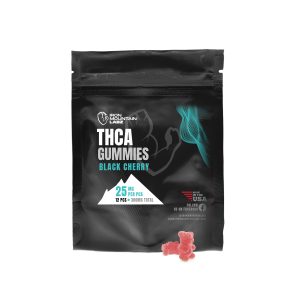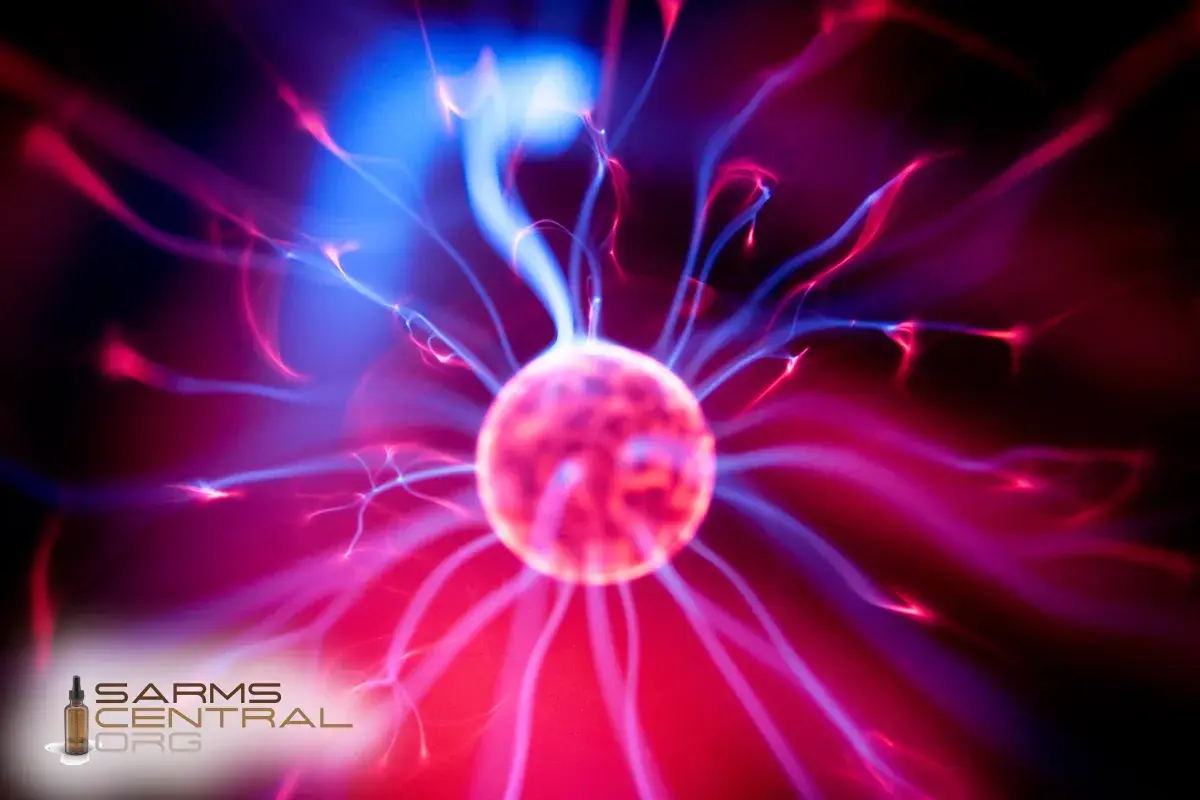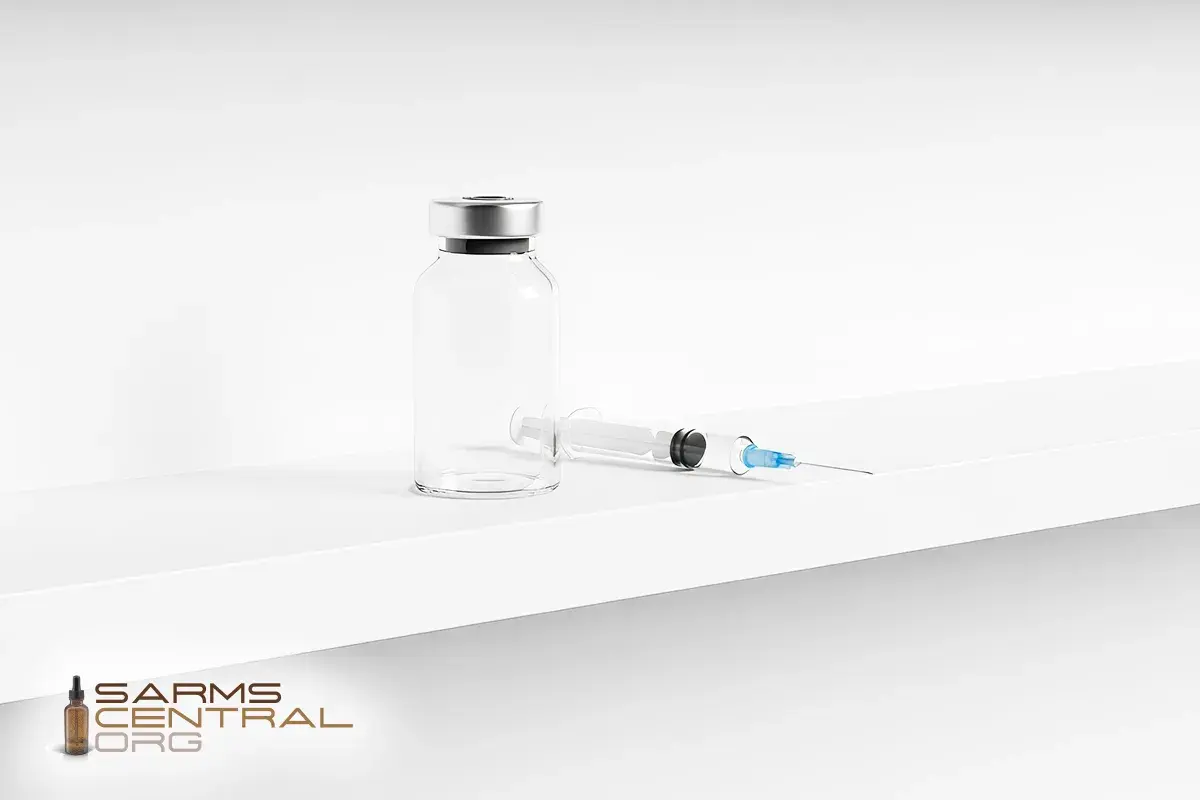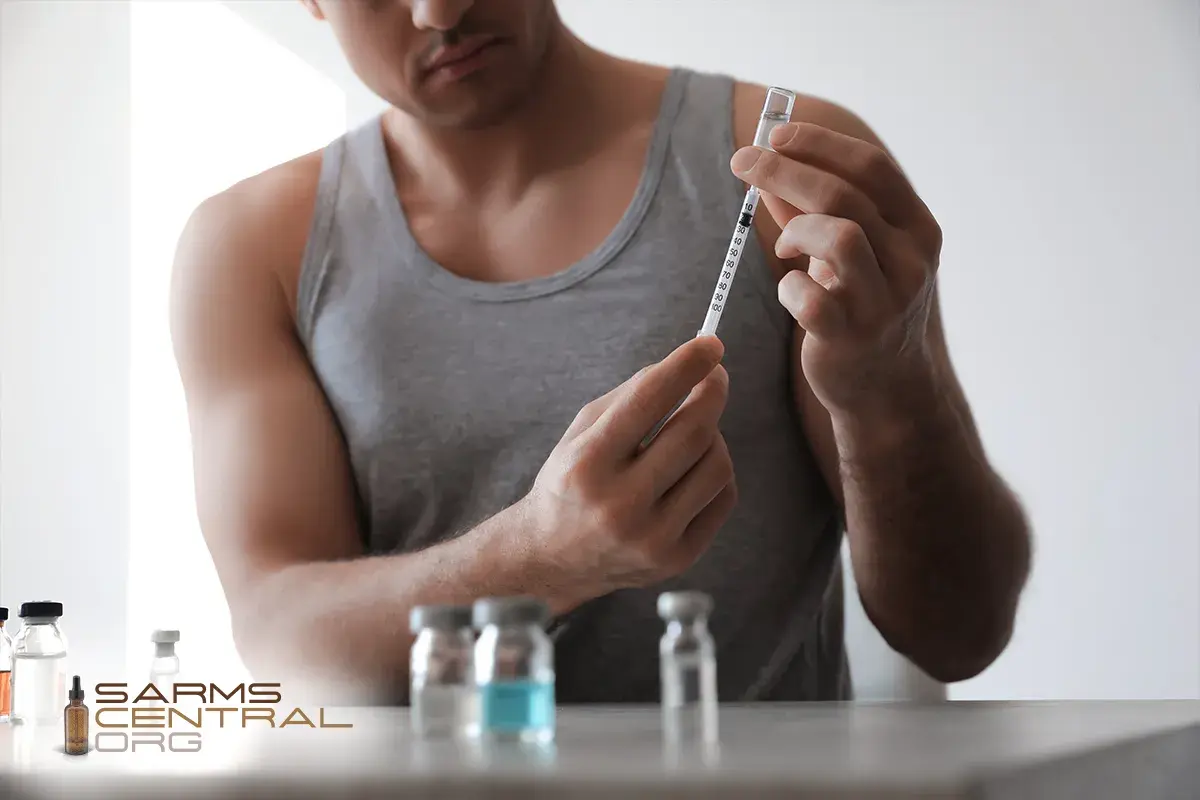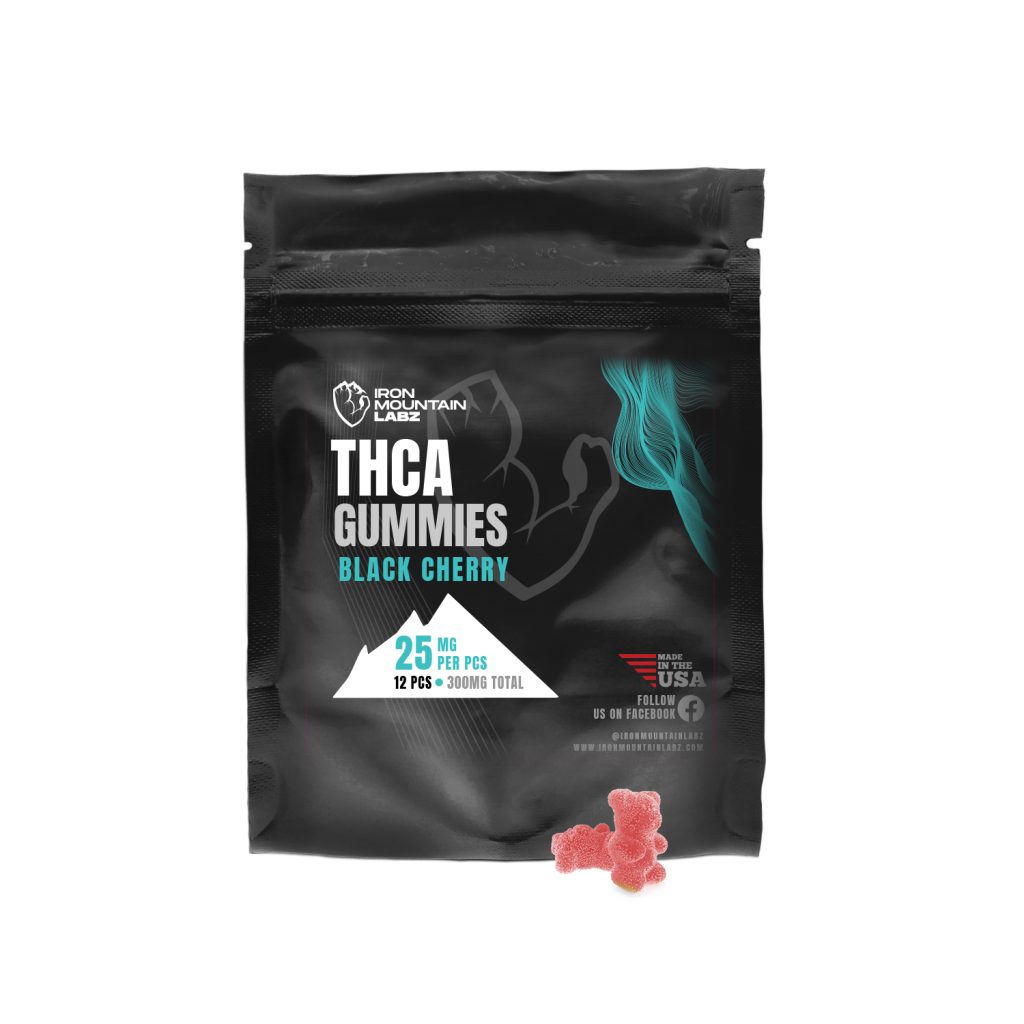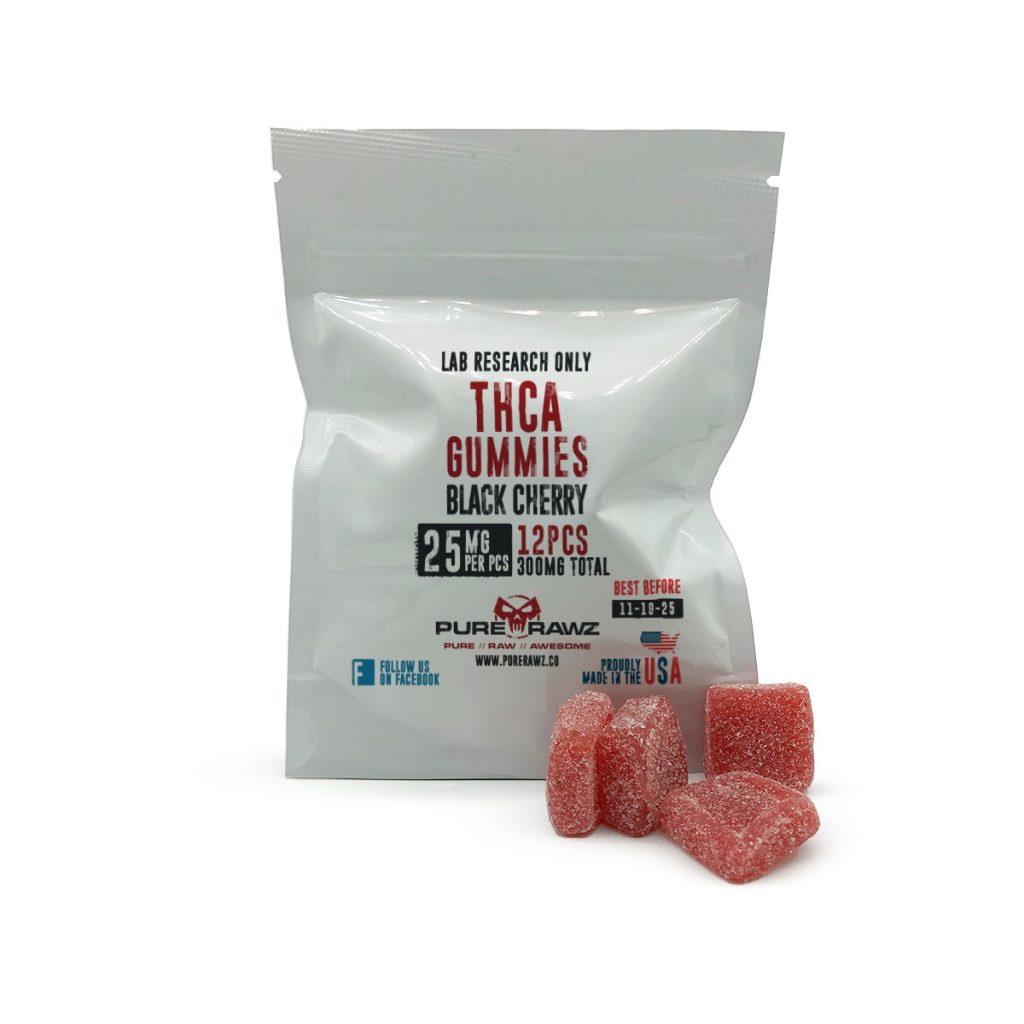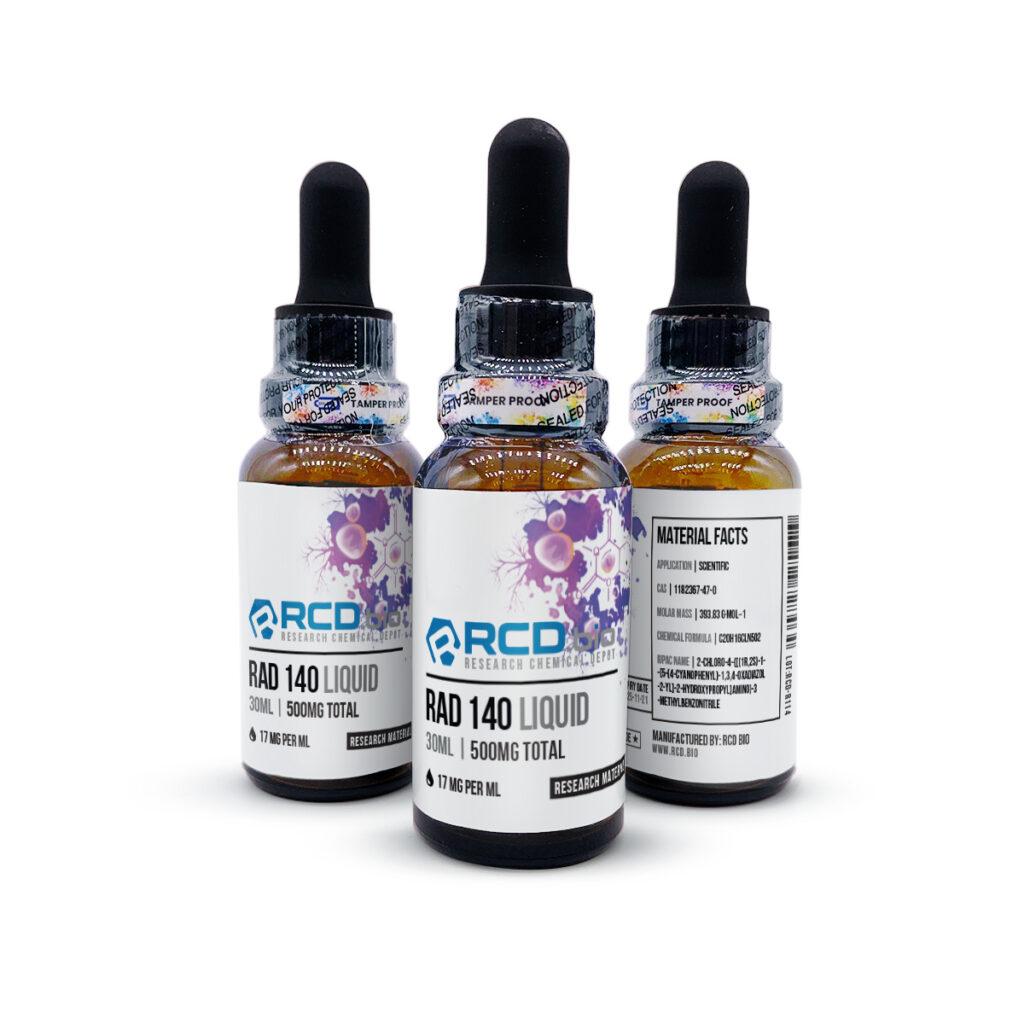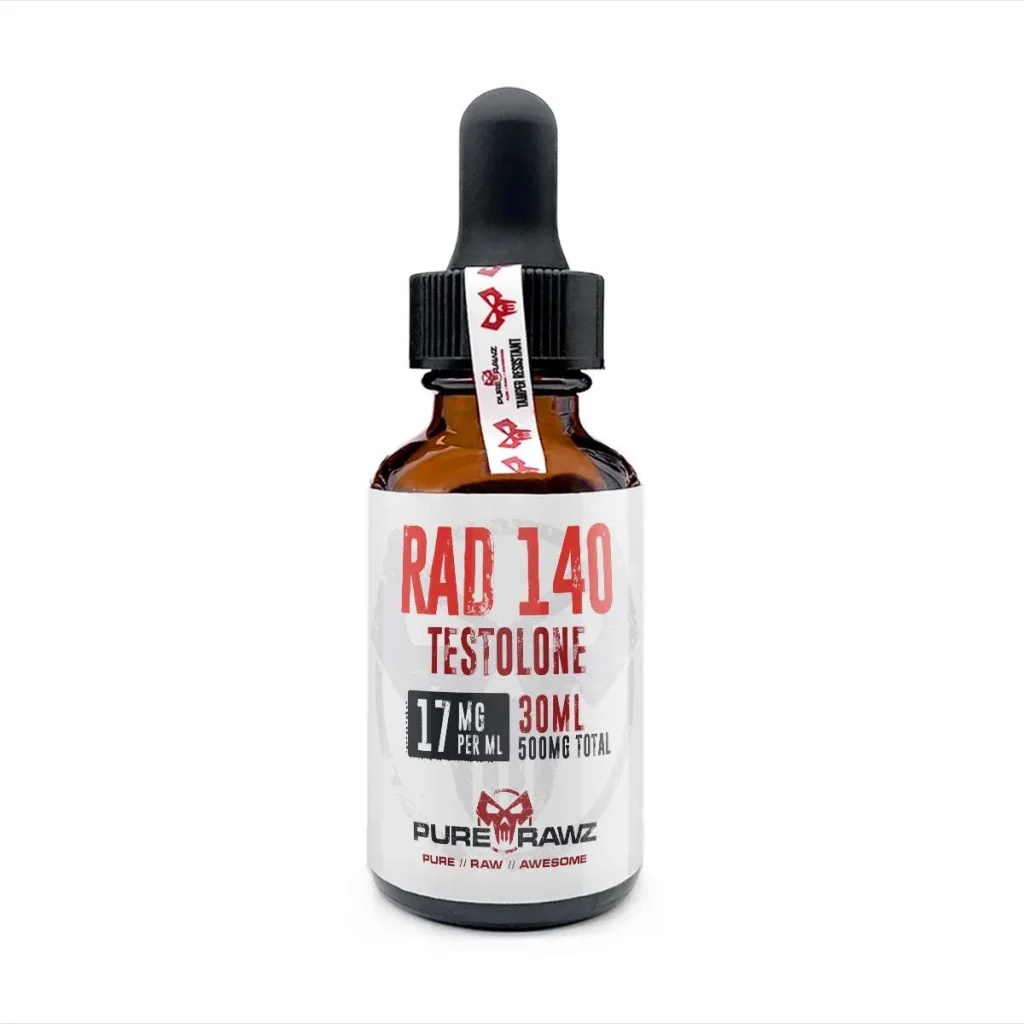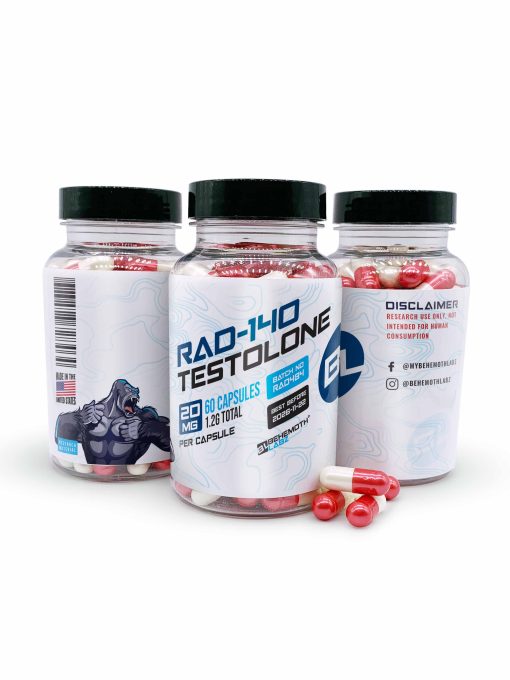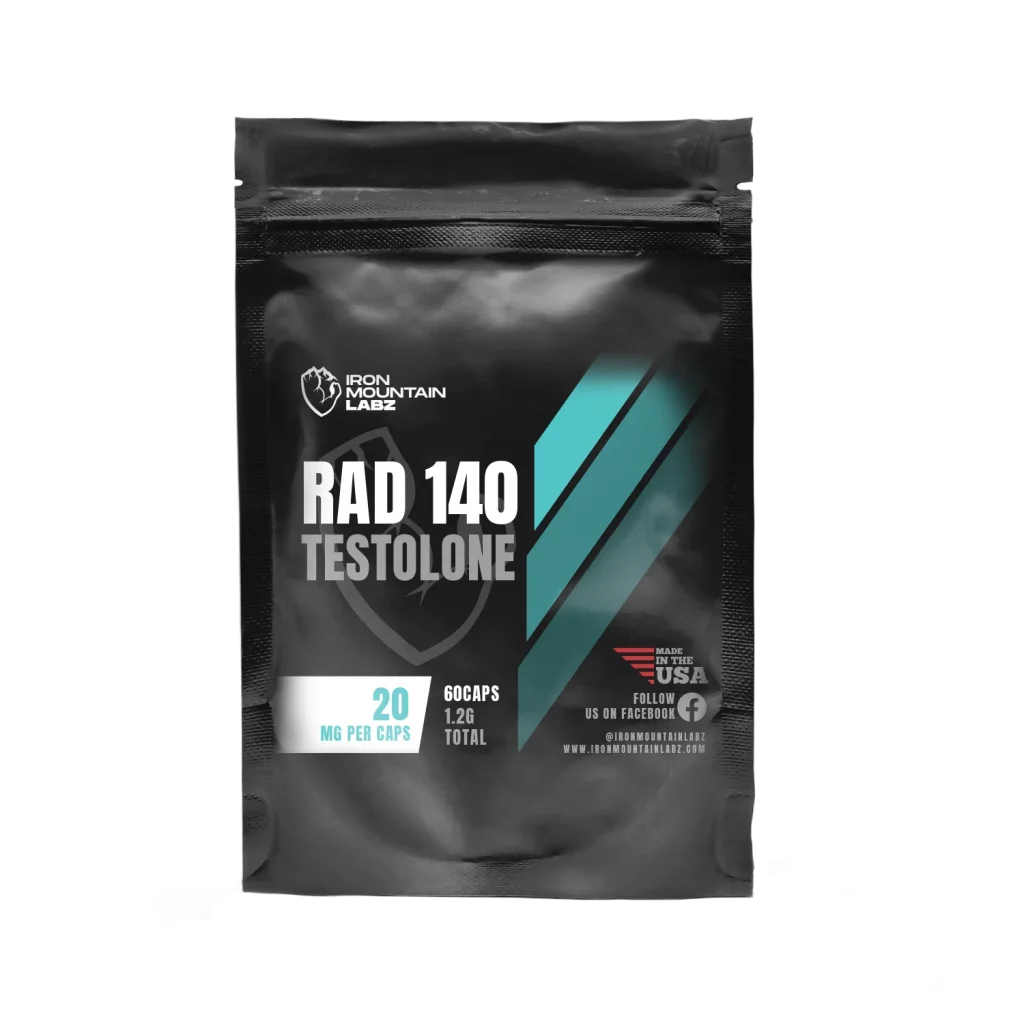THCA has recently been the subject of much discussion, and for good reason. People are becoming increasingly interested in cannabis and hemp products. THCA is popping up on shelves in Pennsylvania and beyond. But what exactly is it? Is it legal to possess in Pennsylvania? If you’re curious about the legal status of THCA, keep reading. This blog will provide you with a clear, accurate overview of THCA and its implications.
Some rules can be challenging to understand because state and federal laws are not always the same, especially when it comes to whether THCA is legal to ship across state lines.. Let’s go over THCA, its significance, and what is happening with Pennsylvania regulations.
THCA and THC
Tetrahydrocannabinolic acid, or THCA, is a substance that occurs naturally in raw cannabis. It’s the precursor to THC. So, unless it’s heated, it doesn’t get you high. It turns into something that could be regulated very differently under the law. Thus, you won’t experience high effects if you consume raw cannabis or use products that contain heated THCA. But once heat is involved, it’s a different story.
Legal landscape of THCA legality
The 2018 Farm Bill legalizes hemp-derived THCA with Delta-9 THC levels under 0.3%. That’s the standard used in most states, including Pennsylvania. The issue is that when THCA is heated, it transforms into the intoxicating THC molecule. Cannabis use for recreational purposes is still prohibited in Pennsylvania. That makes THCA products kind of like a legal loophole, but also a risk. As of 2025, Pennsylvania hasn’t clearly banned THCA. But lawmakers are paying attention. Because THCA can easily convert into THC through decarboxylation. Some regulators are looking at whether it should be more strictly controlled. Especially when it’s sold in forms meant to be smoked or vaped.
Current Legal Status of THCA in Pennsylvania (As of 2025)
As of 2025, the THCA legal landscape in Pennsylvania depends on the source of the compound and how it’s tested under state regulations.
Hemp-derived THCA is technically legal under the 2018 Farm Bill, which Pennsylvania follows. Federal legislation allows hemp products with less than 0.3% Delta-9 THC by dry weight.
However, Pennsylvania enforces total THC testing, which includes the potential conversion of THCA into THC. In other words, even if a hemp product has less than 0.3% THC, it might still have to go through a full THC test. It can still be considered illegal if the total THC, including converted THCA, goes over the limit.
However, in Pennsylvania, THCA generated from marijuana is prohibited for recreational use. Since marijuana remains restricted under state law.
As of now, no THCA‑specific statute exists, but THCA is regulated under the THC rules law banning THCA from turning into THC, but enforcement is active. Especially for smokable or vapeable products that are likely to convert THCA into THC during use.
Legal Risks of THCA in Pennsylvania
If you’re thinking about trying THCA in Pennsylvania, it’s important to know the enforcement and interpretation. THCA may seem legal, but once you look closer, things can get tricky, with particular risk when used for recreational purposes.
THC Content and State Law Testing
Pennsylvania does not conduct its own testing for Delta-9 THC. The state itself checks for total THC content using this formula: Total THC = (Δ⁹‑THC) + (THCA x 0.877). According to this computation, a product may contain more THCA than the 0.3% legal limit. If such occurs, even though the product was made from hemp, it is no longer regarded as legal under hemp legislation.
Usage for Recreational Purposes and not as Medical Marijuana
According to existing laws, cannabis use for recreational purposes is still prohibited in Pennsylvania. The Pennsylvania Medical Marijuana Act restricts access to medical cannabis products to medical users who possess a valid medical card. There may be significant legal considerations associated with buying THCA for recreational purposes rather than as a legit medical necessity. If THC is identified in THCA used without a prescription, a drug test may uncover issues, similar to how THC can stay in saliva glands and show up unexpectedly. Before using or buying THC products, you must understand the medical cannabis rules.
Want to know how marijuana is handled in each state? Check the full map here: Marijuana legality by state
Recent Legislative Developments in Pennsylvania Law
Local laws: Medical & Recreational Legalization Push
Adult-use cannabis proposals are presently being considered in Pennsylvania. Both House Bill 1200 (HB 1200) and Senate Bill 120 (SB 120). That would legalize recreational cannabis. It also aims to create a regulated market similar to that of medical cannabis.
These bills also include the regulation of intoxicating hemp products, like THCA and Delta-8, to prevent misuse and unregulated sales. If passed, Pennsylvania would become the 25th state to legalize adult-use cannabis, and stricter rules would apply to products that can cause a high, even if they’re hemp-derived.
Stale law: THC Limits in Infused Cannabis Products Under SB 120
Pennsylvania Senate Bill 120 would limit infused cannabis products, including edibles and beverages, by THC content rather than percentage. Only 1,000 milligrams of THC can be sold legally in infused goods for adults.
This law sets dose restrictions to prevent extremely strong products from accessing the legal market and promote safer use.
Federal law perspective: Will the “hemp loophole” be closed by 2026?
Currently, the “hemp loophole” allows for the legal sale of THCA and other intoxicating hemp-derived cannabinoids.
However, they might soon change. A federal ban on intoxicating hemp products was passed by a U.S. Senate committee in July 2025, and it may go into force by 2026. This federal influence would close the loophole that permits hemp-derived THCA, Delta-8, and related substances to be sold like legal hemp.
If you’d like to follow broader discussions on cannabis policies, check out our THC insights and updates, especially with new rules expected in 2026
THCA hemp products cultivation Law
Licensed farmers are permitted to produce industrial hemp under Pennsylvania’s hemp program, including raw cannabis plants high in THCA, provided that the total THC level does not exceed the 0.3% legal limit. The law is in line with the Farm Bill of 2018. However, Pennsylvania imposes stringent regulations for labeling, reporting, and testing. Growers of cannabis plants must undergo inspections and lab tests to comply. Growing THCA is lawful, but selling it for recreational use depends on how it is promoted, branded, and consumed.
Find The Best Prices For THCA
How Does this Affect THCA State Legislation in Pennsylvania?
- ➢ THCA flower may remain temporarily legal. As long as it’s labeled properly and the THC content is within legal limits (under 0.3% total THC)
- ➢ Retailers must be careful: federal lawmakers are pushing to ban intoxicating hemp products. Upcoming changes could criminalize current practices.
- ➢ In 2026, Pennsylvania consumers can anticipate changes. This is particularly relevant if federal law redefines what is deemed legitimate and closes the hemp gap.
Practical Considerations for Consumers
Utilize THCA products in Pennsylvania. Following the law and staying educated are crucial. How to protect yourself and make good choices:
- ➢ Check the label and lab reports: Always make sure the product has been tested by a third-party lab. Look for details on THC content, which includes converted THCA.
- ➢ Only buy from reputable sources: sites like PureRawz and Iron Mountain Labz offer products that are clearly labeled, since even common products like THC gummies can expire if not properly stored or labeled. Their products come with lab results to verify compliance.
- ➢ Use responsibly and avoid recreational misuse: remember, recreational THC use is still illegal in Pennsylvania. For those more focused on mental clarity and productivity, some people turn to nootropics for focus as a legal alternative.
- ➢ Avoid suspicious or unverified sellers. If a product doesn’t show the THC level or lab reports, it’s a red flag.
- ➢ Stay updated on legal changes, with federal and state laws evolving. Keep an eye on updates, especially around 2026, when new rules may take effect.
Final Thoughts!
To stay compliant, consumers should only buy THCA products from trusted sources like PureRawz or Iron Mountain Labz that provide lab-tested results, discreet shipping, and clear labeling. Please ensure the THC content remains below the specified standard. Avoid using THCA for recreational purposes, as it’s still illegal in PA. With federal changes expected in 2026, it’s important to stay informed and cautious.
FAQs
Will THCA be banned in the future?
Maybe. A federal ban on intoxicating hemp products, including THCA. The Senate committee approved a draft bill on July 11, 2025, and it could take effect by 2026. If that happens, THCA products may become illegal nationwide, even if they follow current hemp laws
Can police test THCA flower and lead to legal implications?
Yes. In Pennsylvania, law enforcement can test THCA products using the total THC formula. If the converted THC content goes over 0.3%, the product can be considered illegal marijuana. Not hemp, even if the label says otherwise.
Will SB 120 and the Federal Law (Hemp Ban) Conflict in Pennsylvania?
Not yet, but they could soon. SB 120 would allow THC generated from marijuana to be sold in Pennsylvania through authorized dispensaries. A federal bill, meanwhile, seeks to outlaw cannabinoids derived from hemp. such as Delta-8 and THCA, by 2026. Should this be approved, even in places where cannabis is legal, hemp-derived THCA would be prohibited nationwide. Therefore, SB 120 may allow THCA to stay legal, but only if it originates from marijuana rather than hemp. If you’re concerned about future restrictions and looking for calming alternatives, exploring nootropics for anxiety may be a safer option.

